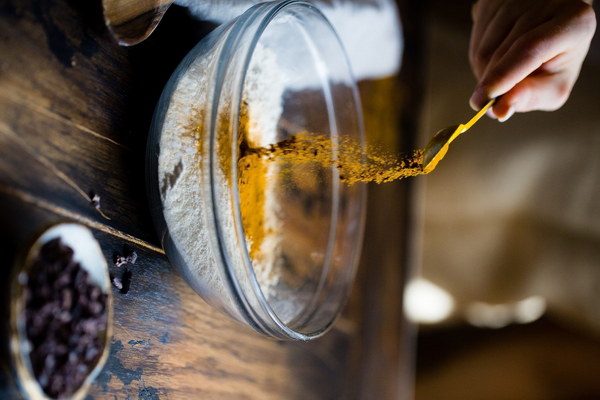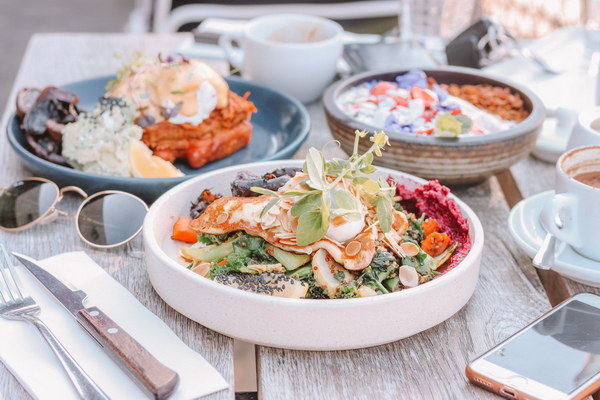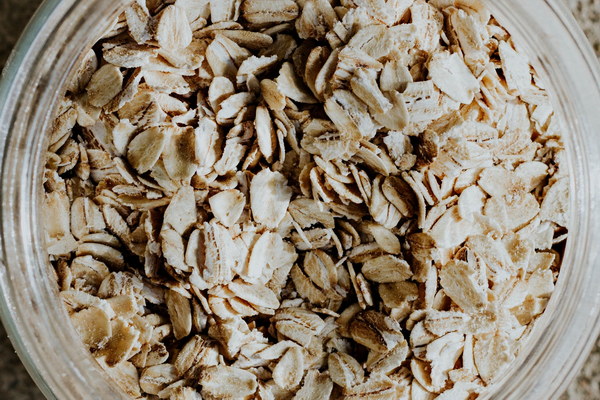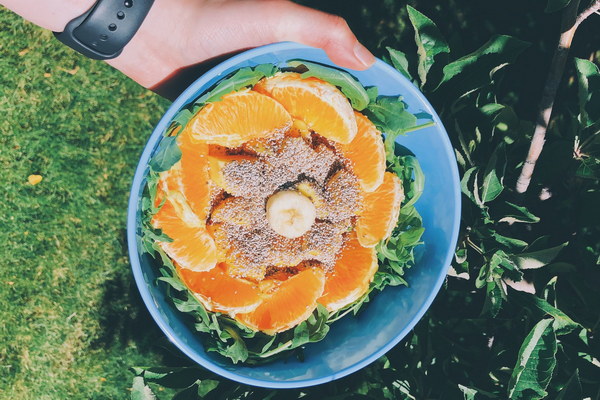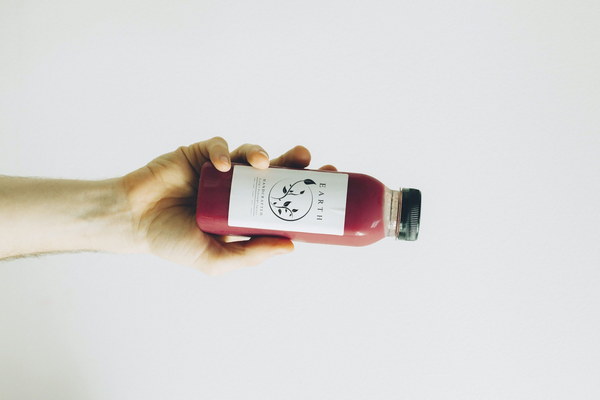The Time-Honored Herbs in Traditional Chinese Medicine for Boosting Qi and Blood A Comprehensive Guide
In Traditional Chinese Medicine (TCM), the concept of Qi (vital energy) and Blood are fundamental to maintaining health and vitality. The harmony and balance of Qi and Blood are believed to be essential for overall well-being. To achieve this balance, TCM practitioners have formulated various herbal concoctions, known as soups or broths, which are believed to nourish and replenish Qi and Blood. Here is a comprehensive guide to some of the most commonly used herbs in these restorative soups.
1. Ginseng (Ren Shen)
Ginseng is a well-known herb in TCM, renowned for its ability to boost Qi and enhance overall vitality. It is often used in soups to strengthen the immune system and improve energy levels.
2. Goji Berries (Gou Qi Zi)
These vibrant red berries are a staple in TCM for their ability to nourish the liver and kidneys, as well as to replenish Qi and Blood. They are often added to soups for their rich, sweet flavor and health benefits.
3. Astragalus (Huang Qi)
Astragalus is another potent herb used to boost the immune system and enhance Qi. It is often combined with other herbs in soups to increase their overall effectiveness.
4. Codonopsis (Dang Shen)
Codonopsis is a versatile herb that can be used to nourish both Qi and Blood. It is often included in soups to help improve energy levels and support the body's natural defenses.
5. Chinese Angelica (Dang Gui)
Chinese Angelica is a popular herb for women's health, as it is believed to nourish the blood and alleviate menstrual cramps. It is often included in soups to promote healthy blood flow and support reproductive health.
6. Chinese Peony (Mu Dan Pi)
This herb is used to cool the blood and alleviate menstrual disorders. It is often included in soups to help regulate menstrual cycles and reduce the risk of blood clots.
7. Cinnamon (Rou Gui)
Cinnamon is a warm, aromatic herb that is believed to invigorate the blood and enhance Qi. It is often used in soups to help with cold limbs and weakness, particularly in cases of deficiency in Qi and Blood.
8. Licorice Root (Gan Cao)
Licorice root is a versatile herb used to harmonize other ingredients in the soup and enhance their effectiveness. It is believed to nourish the Qi and Blood, and is often included in soups to balance the flavors of the other herbs.
9. Red Dates (Hong Zao)
Red dates are sweet and nourishing, and are often included in soups for their ability to replenish Qi and Blood. They are also known to improve digestion and support the heart.
10. Sichuan Pepper (Bai Zhi)

Sichuan pepper is used to warm the body and enhance circulation. It is often included in soups to help with cold limbs and improve blood flow.
These herbs are just a few examples of the many that can be found in TCM soups designed to boost Qi and Blood. While these soups can be enjoyed as a regular part of one's diet, it is important to consult with a TCM practitioner to ensure that the herbs used are appropriate for individual health conditions and needs. With the right combination of herbs, a nourishing soup can be a delicious and effective way to promote health and vitality in accordance with TCM principles.

